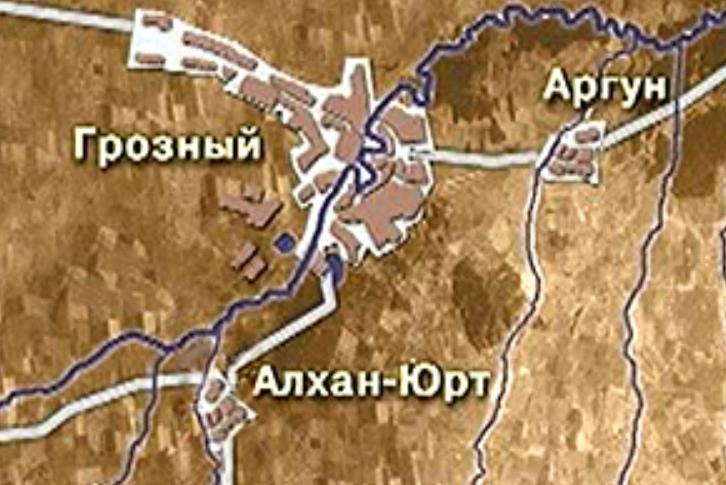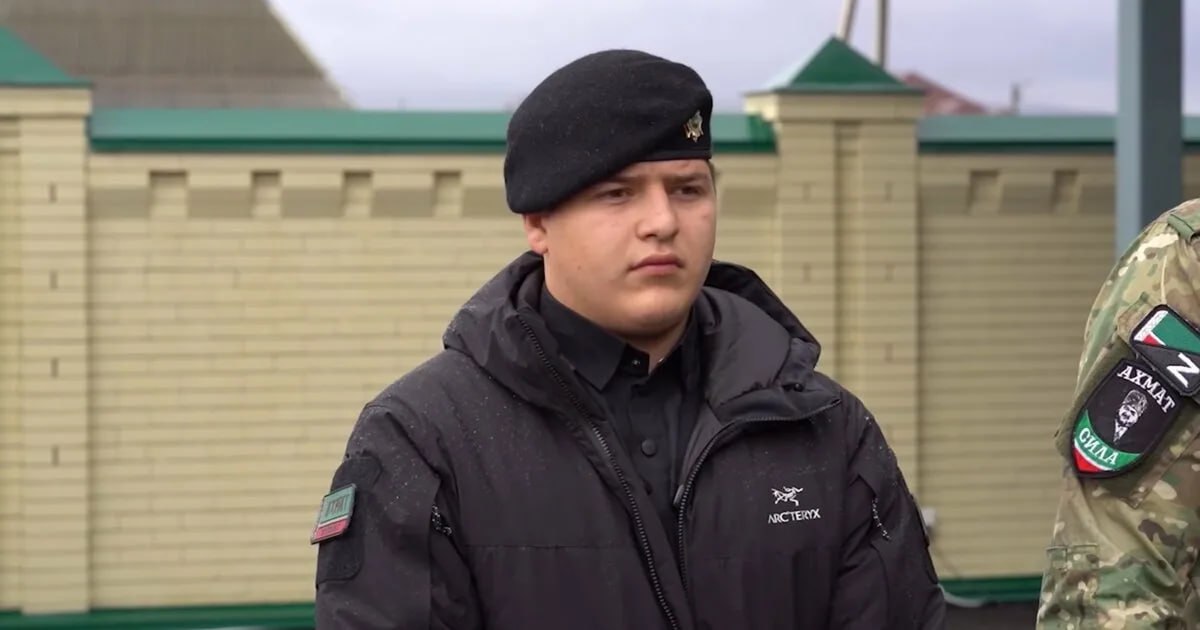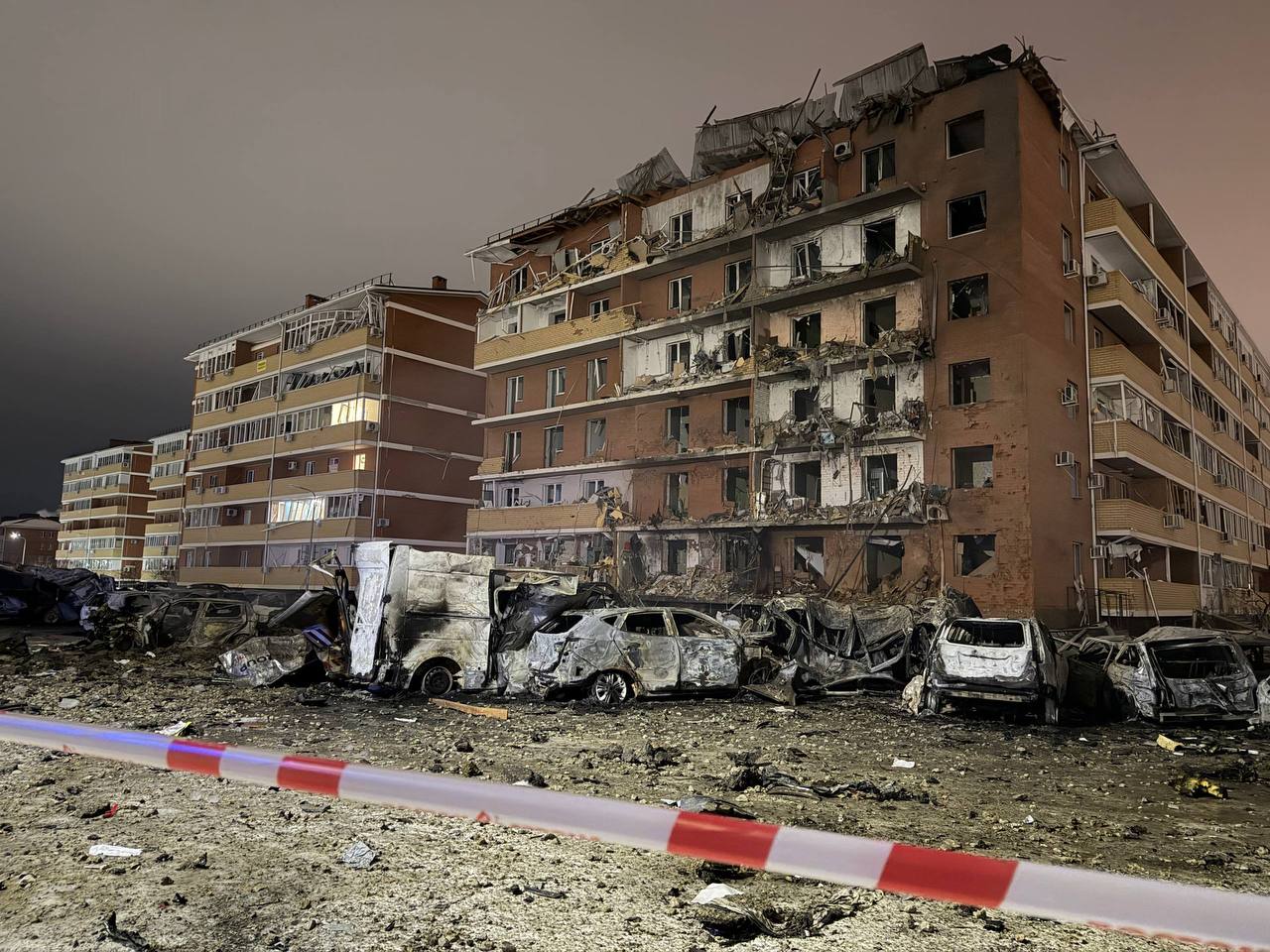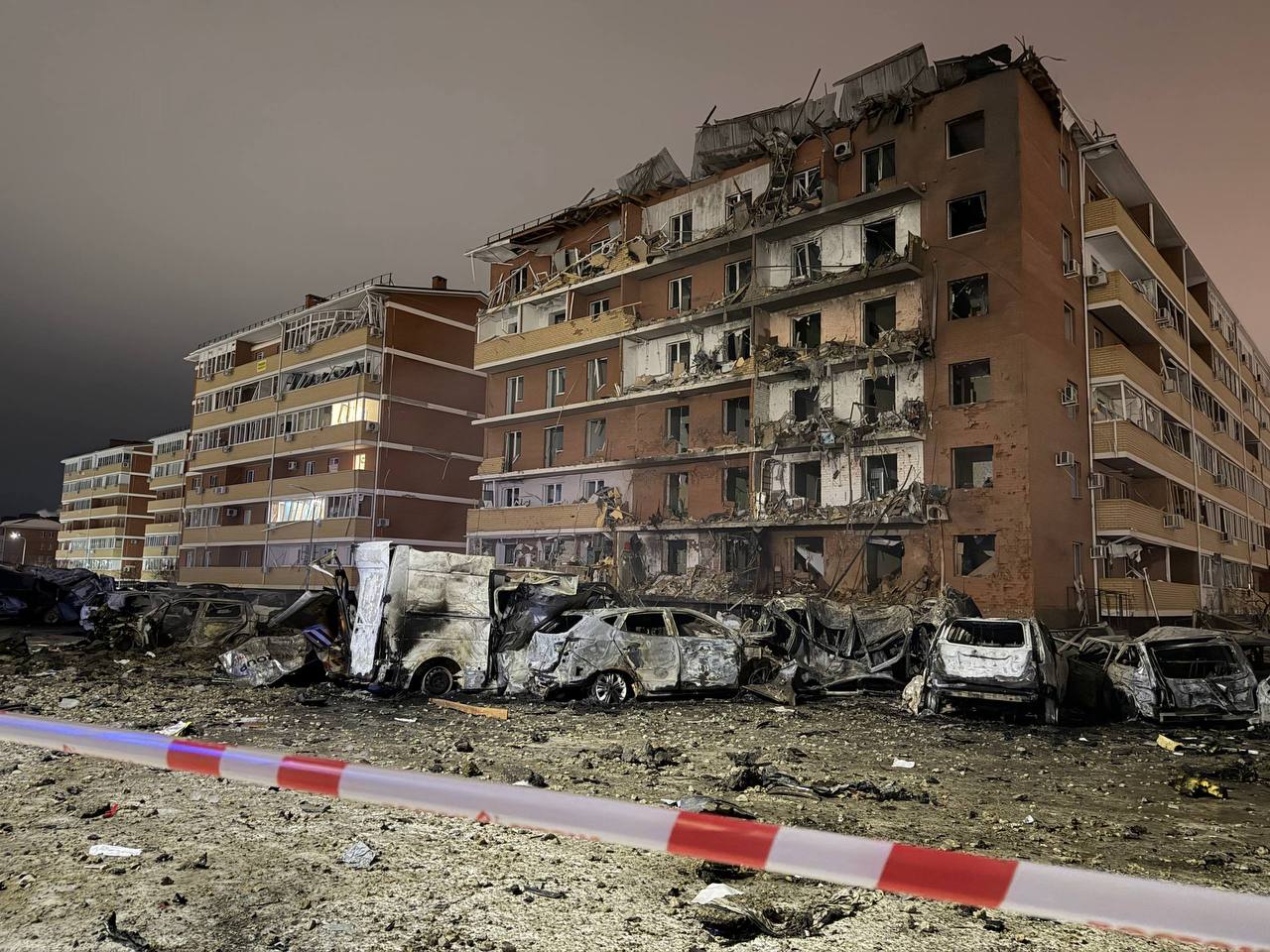The health of Adam Kadyrov, the son of Chechen leader Adam Kadyrov, who was injured in a traffic accident in Grozny, is improving, according to the Agency, citing sources close to the Russian presidential administration and the Chechen authorities.

November 2, 2001
***
At about 5 o'clock in the morning in the village of Alkhan-Yurt, employees of an unidentified security agency kidnapped Timur Adamovich Dakaev, born in 1976. They arrived at his house (Kirova Lane, 6) in three armored personnel carriers without side numbers. Little is known about the circumstances of what happened at Memorial Human Rights Center. The kidnappers did not introduce themselves, did not say the reason for detaining the young man, or where they were going to take him.
Everything happened in front of relatives. But most of them subsequently left Russia. For some time his mother, Aset Dubaeva, who lives in the village of Gekhi, was looking for him. At the end of 2002, in Gudermes, along with several other women who were searching for their loved ones, she was detained by Russian security forces.
The prosecutor's office opened a criminal case regarding the abduction (Article 126 of the Criminal Code of the Russian Federation) of Timur Tsakaev. Another resident of Alkhan-Yurt, Islam Idrisovich Khalidov, also passes along it, taken away the same morning, apparently by the same military.
As of February 8, 2008, the whereabouts of Timur Tsakaev had not been established. After the kidnapping he disappeared. Memorial Human Rights Center does not have any more recent information.
***
At about 5 o'clock in the morning in the village of Andreevskaya Dolina (Sovmorskaya St., 1) in Grozny, the Russian military detained four people: Sultan Saidovich Tepsurkaev, born 1973, and his relatives Aslan, Adlan and Said. Conscripts led by officers burst into the house where they were, knocking down the door.
Sultan Tepsurkaev, a native of the village of Gekhi (lived at the address: A. Sheripov St., 25), spoke about what happened. According to him, before the outbreak of hostilities in Chechnya, he was a fourth-year student at the Grozny Pedagogical Institute. Having heard enough reports in the media about the end of hostilities and the improvement of peaceful life, on October 30 he went from his village to Grozny to try to recover at the institute. I stayed overnight with relatives in the village of Andreevskaya Dolina. The soldiers who burst into the house pointed machine guns at them, took them outside and ordered them to lie down on the road. Then they tied everyone’s hands with belts and kept them in that position for more than six hours. Apparently, at this time the seizures of people continued in the village.
Soon the soldiers were surrounded by women. They asked to release innocent people and demanded to know why they were detained. This explanation soon followed: a drunken colonel approached and reported that two soldiers had escaped and had been sent for vodka at about three o’clock in the morning. If the soldiers are not found, the colonel assured, addressing the people lying on the ground, then “they will not find you either.” At noon they were forced to get up from the ground and, driven from behind, they were ordered to run to the military unit.
On the territory of the military unit, as Sultan Tepsurkaev said, the military repeated that they would be kept until the missing soldiers were discovered. According to him, after some time, seven employees of some security agency arrived at the unit’s territory in two ZAZ vehicles. When they arrived, one of the officers who captured the people asked: “Are you doing it according to plan or by chance?” When they replied that it was according to plan, the officers of the unit and their subordinates walked away and no longer interfered with what was happening.
The security forces arrived and began beating the captured people. They took Adlan aside first, and, apparently, the elder pulled out a ramrod from the machine gun and began to beat the young man with it. Between beatings, a ramrod was pushed into Adlana's ear.
Then Sultan Tepsurkaev was executed. The security forces, pointing to Adlan, who had been beaten half to death, asked him: “This one doesn’t want to live. Do you want?" Then, without waiting for an answer, they beat me. They undressed him and, finding a post-operative scar on his leg, began beating him. The blows alternated with demands to admit that he had fought and been wounded in battle. They asked questions about the militants and wanted him to promise to cooperate with them. Sultan Tepsurkaev said that he wants to become a teacher and does not know how to do anything else. After this answer they began to beat him even harder, mainly in the kidneys. While beating, they asked: “Do you know the FSB?” Unable to bear the pain, the young man said that he would complain to human rights activists. There was laughter in response, after which one of his tormentors said: “For the Chechens, the human rights committee is in Chernokozovo.”
Aslan and Said were also beaten. Based on the questions asked and the fact that the abbreviation “FSB” was repeated all the time, Sultan Tepsurkaev realized that they had fallen into the hands of employees of this special service. The “siloviki” threatened to take them away from the territory of the military unit, but judging by the conversations, an employee of the prosecutor’s office of the Zavodsky district of Grozny arrived there, accompanied by two armored personnel carriers. It turned out that the residents of the village contacted the prosecutor's office and asked for assistance in the release of the taken away young people. A person who arrived at the unit spoke with FSB officers, after which they approached Sultan Tepsurkaev and his relatives and asked: “Did we beat you?” They were forced to say that no, they didn’t beat me. Having warned that if they complain anywhere, they will be easily found, the FSB officers got into UAZs and left the unit’s territory.
The detainees were put on an armored personnel carrier, taken to Andreevskaya Valley and handed over to the women gathered in the square. Sultan Tepsurkaev returned to Gekhi and consulted a doctor. His temperature rose and his kidneys hurt badly. He was prescribed treatment, but medical workers refused to issue a certificate of beatings. A few days later the young man left Chechnya.
From the book “People Live Here”, Usam Baysaev, Dmitry Grushkin, 2006.



